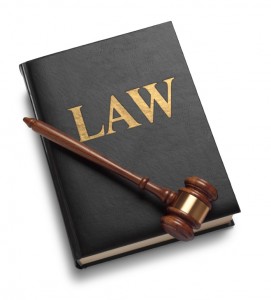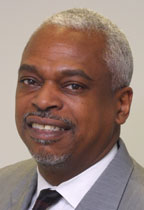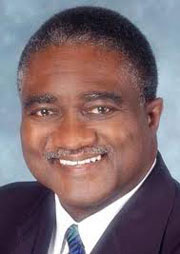
 THE CAPITAL, TALLAHASSEE, FL — (July 5, 2012) — A provision in a 2008 law restricting the ability of public insurance adjusters to contact homeowners immediately after a storm was struck down Thursday by a unanimous Florida Supreme Court.
THE CAPITAL, TALLAHASSEE, FL — (July 5, 2012) — A provision in a 2008 law restricting the ability of public insurance adjusters to contact homeowners immediately after a storm was struck down Thursday by a unanimous Florida Supreme Court.
Prompted by claims that public adjusters were taking advantage of distraught homeowners following the 2004 and 2005 hurricane seasons, the Florida Legislature passed an insurance industry backed effort to limit adjusters’ activities, including contact between public adjusters and customers within the first 48-hours following a hurricane, tornado or other major storm.
Backers said the adjusters were increasing insurance costs by pressuring homeowners into signing contracts. Public adjusters and their supporters say they were just allowing customers to receive the full benefits to which they were entitled.
Upholding a 1st District Court of Appeal ruling, the state’s high court said the law as written barred commercial speech in violation of the First Amendment of the U.S. Constitution. The court rejected arguments put forth by the Department of Financial Services, which contended that adjustors’ activities were outside the scope of freedom of speech protections.
“The Department‘s claim that the public adjuster initiated contact and solicitation… are conduct – not protected free speech – is unpersuasive,” Chief Justice Charles Canady wrote for the court. “This argument is predicated on the strained reading of the statute advanced by the Department. With the rejection of that strained statutory reading, the argument collapses.”
DFS spokeswoman Alexis Lambert said Chief Financial Officer Jeff Atwater’s office would have no statement on the ruling other than that At-water respects the court and accepts the decision.
Following the 2004 and 2005 hurricane seasons lawmakers looked at ways to reduce the cost drivers that insurance companies said were leading to skyrocketing premiums. Insurers have cited cases where they’ve had to pay out on some dubious claims – and blamed public adjusters for persuading homeowners to pursue them.
So lawmakers decided to limit contact between customers and public adjusters, who critics argue have a financial incentive to raise claim amounts.
Lawmakers wrote a statute saying: “A public adjuster may not directly or indirectly through any other person or entity initiate contact or engage in face-to-face or telephonic solicitation or enter into a contract with any insured or claimant under an insurance policy until at least 48 hours after the occurrence of an event.”
An insurance industry representative on Thursday said the high court’s ruling was ”unfortunate” and may end up costing consumers money as public adjuster fees are taken from the insurance settlement itself.
”CFO Atwater and the Office of Insurance Regulation provide safeguards for hurricane victims that they will be treated fairly by the adjuster dispatched by their insurance company,” said Sam Miller of the Florida Insurance Council. ”There is no need for a public adjuster who must be paid by the policyholder.”
Public Attorneys for public adjuster Frederick Kortum, who challenged the law, said the law bans all types of communication during that time period. Regardless of whether lawmakers intended an all-out ban or not, the result doesn’t fall under the circumstances under which the government can limit speech, the plaintiffs argued.
”As long as the message is not misleading and is concerning a lawful transaction, you’re protected,” said Wilbur Brewton, a Tallahassee attorney who argued Kortum’s case before the high court. ”It’s kind of like free speech anywhere, you may not like some of it but we have free speech in the United States.”
Other provisions of the 2008 law, including ethical standards and other regulatory powers granted to the department, remain in place. The Florida Association of Public Insurance Adjusters said there is adequate regulation to ensure consumers are protected.
”FAPIA and its nearly 400 member public adjusters are committed to helping policyholders receive full and fair compensation following damage to their property,” said FAPIA President Harvey Wolfman. ”Thanks to this ruling, we can help more policyholders in those critical first hours when they need it most.”




Be the first to comment